Search
Search Results

Image
The Ninth Wave by Ivan Aivazovsky
The Ninth Wave, oil on canvas painting by Ivan Aivazovsky, 1850. Russian Museum in Saint Petersburg. The painting depicts the sea after a huge night storm and people injured in a shipwreck. The sun's rays illuminate the huge waves...
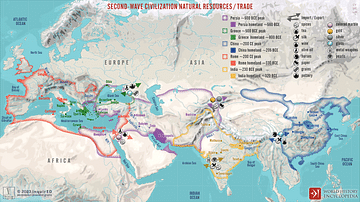
Image
Second-Wave Civilization Natural Resources and Trade
A map illustrating the rise and spread of the Second Wave Civilizations between c. 500 BCE and 200 CE (including the Persians, the Greeks, the Romans, the Chinese, and India) with the flows of trade in major goods and resources.
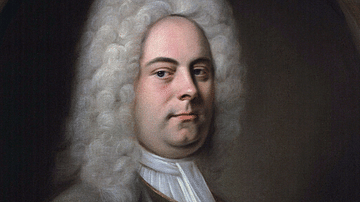
Definition
George Frideric Handel
George Frideric Handel (1685-1759) was a composer of baroque music who was born in Germany but became an English citizen. His most famous works include his Messiah, Water Music, baroque Italian operas, and English oratorios. A hugely successful...
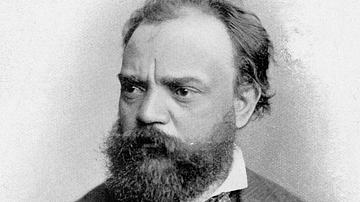
Definition
Antonín Dvořák
Antonín Dvořák (1841-1904) was a Czech composer best known for his symphonies, symphonic poems, operas, and chamber music. Dvořák's best-loved works include his 9th Symphony (From The New World), the American quartet, and his Slavonic Dances...

Definition
Ancient Greek Music
Music (or mousike) was an integral part of life in the ancient Greek world, and the term covered not only music but also dance, lyrics, and the performance of poetry. A wide range of instruments was used to perform music which was played...
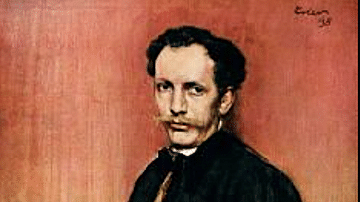
Definition
Richard Strauss
Richard Strauss (1864-1949) was a German conductor and composer of both innovative late-Romantic and Modernist music. He is best known for his symphonic poems and operas like Salome and Elektra, both of which caused a sensation. Strauss gained...
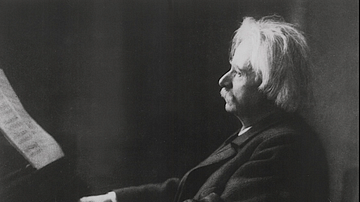
Definition
Edvard Grieg
Edvard Grieg (1843-1907) was a Norwegian composer known for his songs, piano music, and the Peer Gynt suites. The composer was famous in his own lifetime, touring extensively to play and conduct his own works across Europe. Grieg's Romantic...
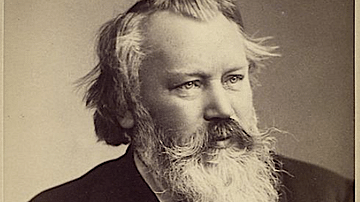
Definition
Johannes Brahms
Johannes Brahms (1833-1897) was a German composer of Romantic music best known for his symphonies, songs, and orchestral, chamber, and piano music. A great student of the history of music, Brahms was convinced that only by working within...
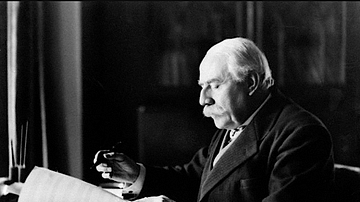
Definition
Edward Elgar
Edward Elgar (1857-1934) was an English composer best known for his orchestral music and oratorios. Amongst Elgar's most-loved works are his Pomp and Circumstance marches which inspired the choral Land of Hope and Glory, a rousing patriotic...
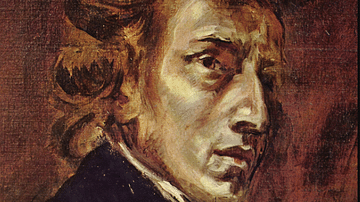
Definition
Frédéric Chopin
Frédéric Chopin (1810-1849) was a Polish composer and virtuoso noted for his solo piano music. Chopin's work helped make the piano the most popular musical instrument of the 19th century. One of the great composers of Romantic music, Chopin's...